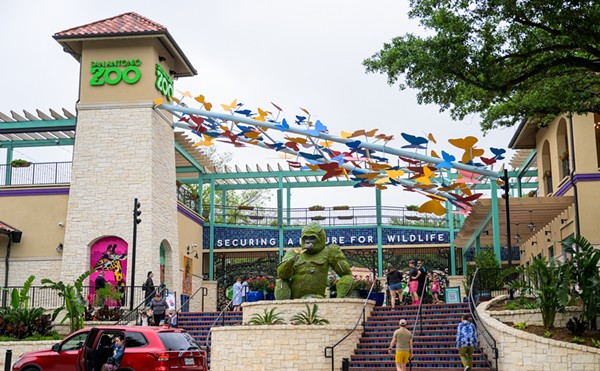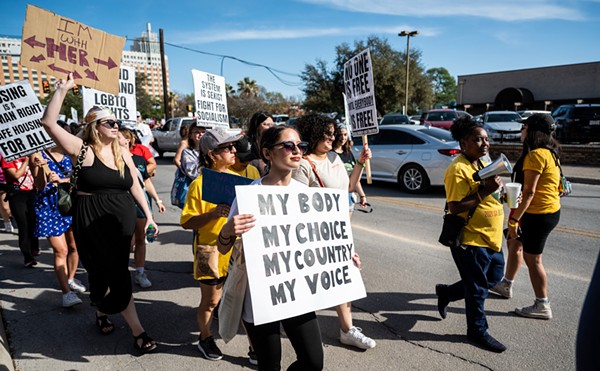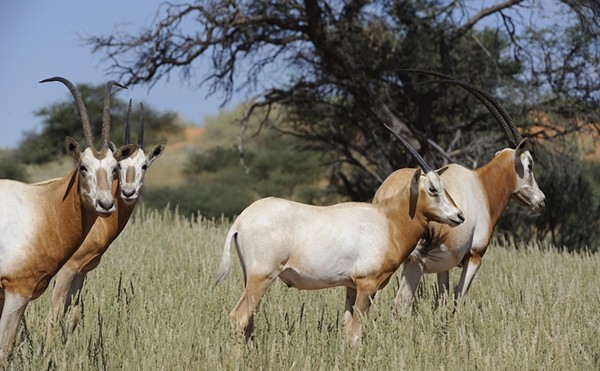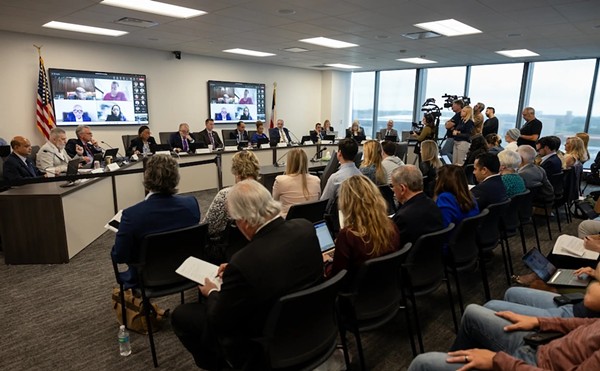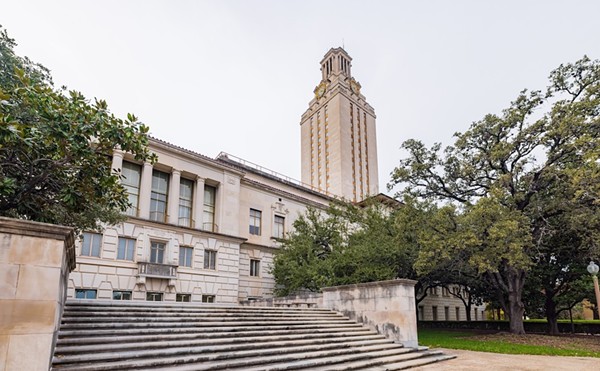Mason Arnold’s chemical-engineering degree took him into the kindly world of “environmental services,” where, faced with a closer look at industry’s often-unpleasant impact on the Texas landscape, he made an earth- and life-changing U-turn. The 30-year-old has since launched two eco-friendly companies, helped get Texas lawmakers talking organics, and been named a finalist for Technology Entrepreneur of the Year by Austin Under 40 and won the BigAUSTIN Rookie of the Year Entrepreneurship Award.
Arnold, now bossing an organic-foods delivery service in Austin and San Antonio, will be keynoting Friday night at the Ninth Annual Renewable Energy Roundup and Green Living Fair (theroundup.org) up Fredericksburg way.
You’ve done a lot of different things since you got your chemical-engineering degree. I’m wondering how you translated that … into organics.
When I graduated I went to work with an environmental consulting firm in Austin. Most people think I was fighting the good fight, but we were actually filing permit applications for oil companies. We’d see come across our desks all the time all the news about the environment and what was going on, specifically in Texas. Seeing what was really going on in the environment outside our communities … these different pollutions and spills, is where I really got that deep motivation and drive to try to make some changes.
Research was also showing that organic land management was better for the land and created a better lawn than the chemical alternative, yet people were still buying it in force. That’s kind of how I moved into the landscaping company.
So you were increasingly networking with the local food and organic community in Austin as you were doing the lawn care?
Organics is all about the soil, whether that’s in landscaping or food. There’s a big crossover.
With what you’re doing now, you could almost call it a food-security issue, the more one learns about soil erosion and conditions like that. How do you talk to people about local food issues from a food-security perspective?
What people connect with easiest is with local food infrastructure. Right now, if we’re shipping everything in, people can easily understand — as energy prices go up — it takes a whole lot more energy to ship and truck stuff here than to grow it locally.
Describe how Greenling works. How do you organize that?
We work with pretty much any local vender who is farming sustainably. We used to find a lot of them at farmers’ markets or a few of them at grocery stores. Lately, a lot of them will come to us. But we work with all varieties of local producers. We know on any given week up to 95 percent of what we’re going to sell next week, so we only order from our farmers what we know we’re going to sell.
You’ve been active politically, as well, working to get legislation for this organic advisory board at the state level. Can you tell me a little about that?
Where it came from was the simple fact that we don’t have enough farmers in Texas. We need more people farming — and we need them farming organically. The demand is there. We see it; our customers want it. We see so much more demand out there. But it’s difficult for farmers to get started. It’s difficult for them to transition to organic. There’s some education involved there.
We’ve got some great organizations like TOFGA, the Texas Organic Farmers and Gardeners Association ... but I knew we needed to do something more; that’s why I went to the state legislature and drafted the legislation. It’s a rural economic opportunity because the industry is just absolutely booming. The state could really benefit from supporting the industry.
Now how close could Bexar County or Travis County realistically come to producing all the food, all the calories, that they need?
In Texas, it’d be pretty darn hard. Our weather patterns are pretty extreme. We just don’t have the natural resources to do it. A good model, though, is recognizing different growing regions, developing local food networks with regional ties.
What about the microcosm of individual health?
I’m really coming to believe that it’s a major factor in declining health and increasing weight. One of the reasons we get so hungry all the time is that our bodies aren’t getting the proper nutrition. When they don’t get any nutrition from fast food and conventional agriculture products that have been so chemically altered ... that there’s no nutritional value to them, we’re still going to be hungry. Creating nutritional agriculture products is a big step toward solving obesity problems.
One of your Facebook friends out there described you as “hottariffic.” Do you personally deliver this produce, if our readers are so curious?
(Laughing.) No. I used to. I no longer personally deliver them.
Can you guarantee other route drivers are of hottariffic status?
I will say that several of our drivers have gotten many interested requests of customers. There was a Yahoo Austin group that talked about the crushes they had on their Greenling delivery drivers. So we do have some hottariffic delivery drivers. •





